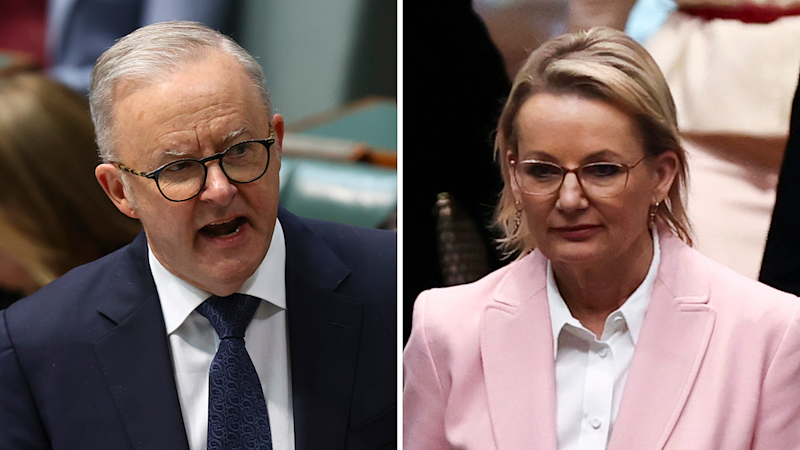
The Liberal Party of Australia is facing mounting criticism for fostering a culture of dependency, as highlighted by a recent report from the Centre for Independent Studies titled “Leviathan on the Rampage.” Released this week, the report reveals that more than half of the Australian electorate relies on government support for most of their income, through public-sector wages, welfare benefits, or subsidies. This trend raises significant concerns regarding the future of democracy in Australia.
The report, which highlights the growing reliance on government, states, “A culture of dependency has taken root.” According to the findings, over 30 percent of the workforce is now engaged in public sector roles or in jobs that are heavily reliant on government funding. The implications of this shift are profound, as it suggests that a considerable portion of the population may be incentivized to “vote for a living” rather than engage in traditional employment.
Economic data underscores the trend towards increased government spending. Over the past 25 years, Australia’s Gross Domestic Product (GDP) has grown in real terms by an average of 2.7 percent annually, while the population has expanded by 1.5 percent. In comparison, Commonwealth government spending has surged by 3.4 percent per year. This pattern indicates that government expenditure is outpacing the economy’s ability to sustain it.
Political Accountability and Spending Trends
The report’s author, Carling, emphasizes that the responsibility for this situation is shared by both the Labor and Liberal parties. In recent years, their spending records have become nearly indistinguishable. The Liberal Coalition has been in power for a significant portion of the last quarter-century, and their approach to spending reflects a broader trend among politicians, who often prioritize increased funding as a means to address public concerns.
Carling points out that for politicians across the spectrum, the act of spending more money has become a political strategy to demonstrate concern for issues raised by voters. The effectiveness of such spending in resolving problems is often secondary to the political signal it sends.
Despite the ideological foundations of the Liberal Party, which historically championed individual initiative and small business, recent trends suggest a divergence from these principles. Candidates in Liberal preselection often invoke the famous “The Forgotten People” speech by Robert Menzies from 1942, which emphasized the importance of fostering a society of “not leaners but lifters.” Yet, the reality they may face if elected is one of an increasingly diminished private sector.
Research from the Institute of Public Affairs illustrates this shift. In 1960, during Menzies’ time, family businesses and the self-employed received 26 percent of national income. By 2019, this figure had dropped to 9 percent, and projections for 2024 suggest a further decline to 7 percent, particularly in the wake of the COVID-19 pandemic.
Impact on Economic Productivity
The relationship between the expanding public sector and a shrinking private sector is evident. As the government grows, the private sector becomes increasingly burdened by additional taxation and regulatory requirements. While correlation does not imply causation, the data indicates that as government size has increased in Australia, economic productivity has concurrently declined. Carling notes, “Above a certain level, bigger government tends to be associated with slower productivity growth, slower economic growth, and slower advances in living standards.”
Participants at the recent productivity summit, which included influential figures from major sectors such as superannuation, unions, and large businesses, underscore the report’s conclusions. As Carling remarked, “The winners from big government are concentrated and vocal; the losers diffuse and docile.”
The ongoing discourse surrounding government dependency and economic productivity poses critical questions for Australia. As the nation grapples with the implications of these trends, the path forward will require a reevaluation of the balance between government support and fostering a culture of self-reliance.






